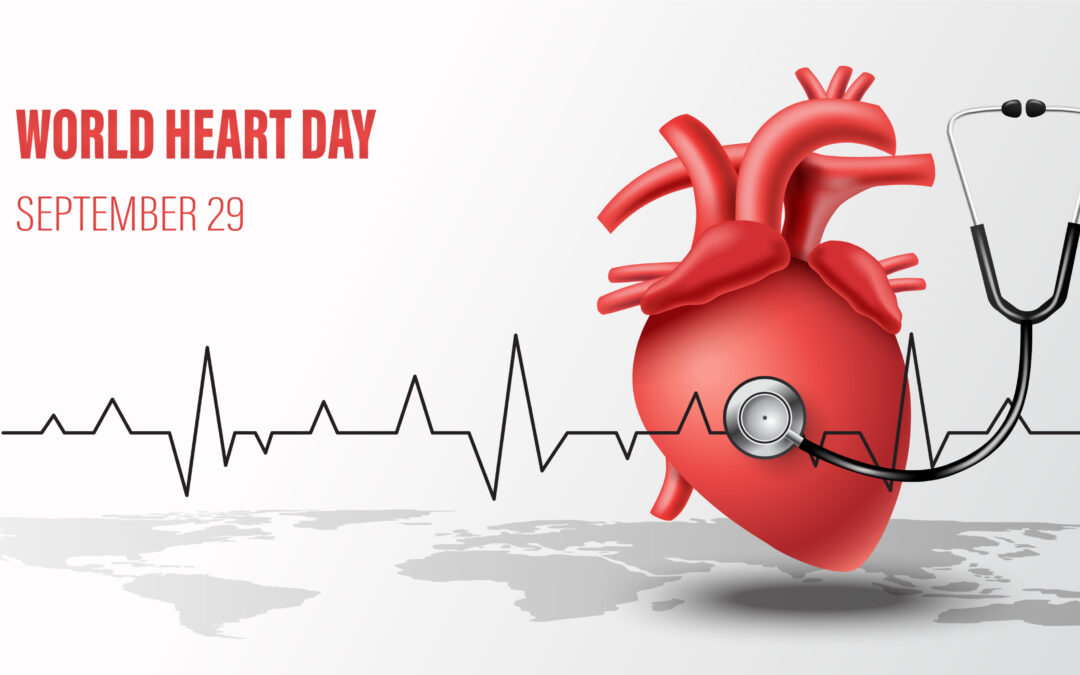Dive Deeper into Your Patients’ Cardiac Health
Cardiovascular Disease (CVD) is the world’s leading cause of death claiming 18.6 million lives each year. World Heart Day highlights actions individuals can take to prevent and control CVD. Our goal is also to provide physicians with information about cardiovascular disease symptoms and how other factors can complicate the recognition or diagnosis of them.
The Challenges of Symptoms
According to a new report by the American Heart Association, symptoms are a fundamental significance not only to the diagnosis of cardiovascular disease and appraisal of response to medical therapy but also directly to patients’ daily lives. Experts detail the challenges physicians face because they must rely on patients to tell them what they’re feeling, making their symptoms subjective. Whereas objective measures of heart health, such as blood pressure or heart rhythm, can be measured over and over and tracked over time. The report suggests considering factors like sex, cognitive function, and depression that might affect symptoms patients describe.
Sex
For example, the most frequently reported symptom of a heart attack is chest pain. Both men and women experience it, but women are more likely to also experience fainting, indigestion, and extreme fatigue. This creates a significant challenge for diagnosing women with heart disease because many don’t equate those symptoms with heart health. In fact, women are more likely to be initially misdiagnosed than men.
Mental Health
A person’s mental health can also affect how they report CVD symptoms as a mental health disorder like depression, can lead to someone not paying attention to a big change in their health. This is because people experiencing depression may develop unhealthy coping strategies, making it difficult for them to make healthy lifestyle choices. Patients with depression have also been shown to have increased platelet reactivity, decreased heart variability, and increased pro-inflammatory markers (such as C-reactive protein or CRP), which are all risk factors for cardiovascular disease.
Cognitive Function
Cognitive function can also affect symptom detection, making it important to regularly measure a patient’s cognitive and depression levels. Cognitive impairment has important consequences for daily functioning and quality of life. It can bear directly on management of the underlying cardiac condition since it may interfere with a patient’s ability to comply with the treatment regimen or to recognize aggravated symptoms.
Reporting Symptoms
In the report, experts stress the importance of patients communicating their own experiences clearly. So here are some questions they recommend doctors ask:
“When is this happening? Is there something that tends to trigger it? Is there a specific time of day that is worse than others? Or if it’s a rapid heart rate, when does it happen? How long does it last when it happens? How fast is it going?”
Save Lives with MDHeartPro
The good news is 90% of heart disease cases can be prevented with healthier lifestyle choices. So, helping patients catch it early is key. With MDHeartPro, doctors can dive deeper into their patients’ cardiac health. Just one test can show more than a normal lipid profile. Doctors can get a look at advanced markers like Lp(a) or Lp-Pla2 levels, identify metabolic syndrome, run direct LDL cholesterol, and receive suggested treatment options to better care for patients.

